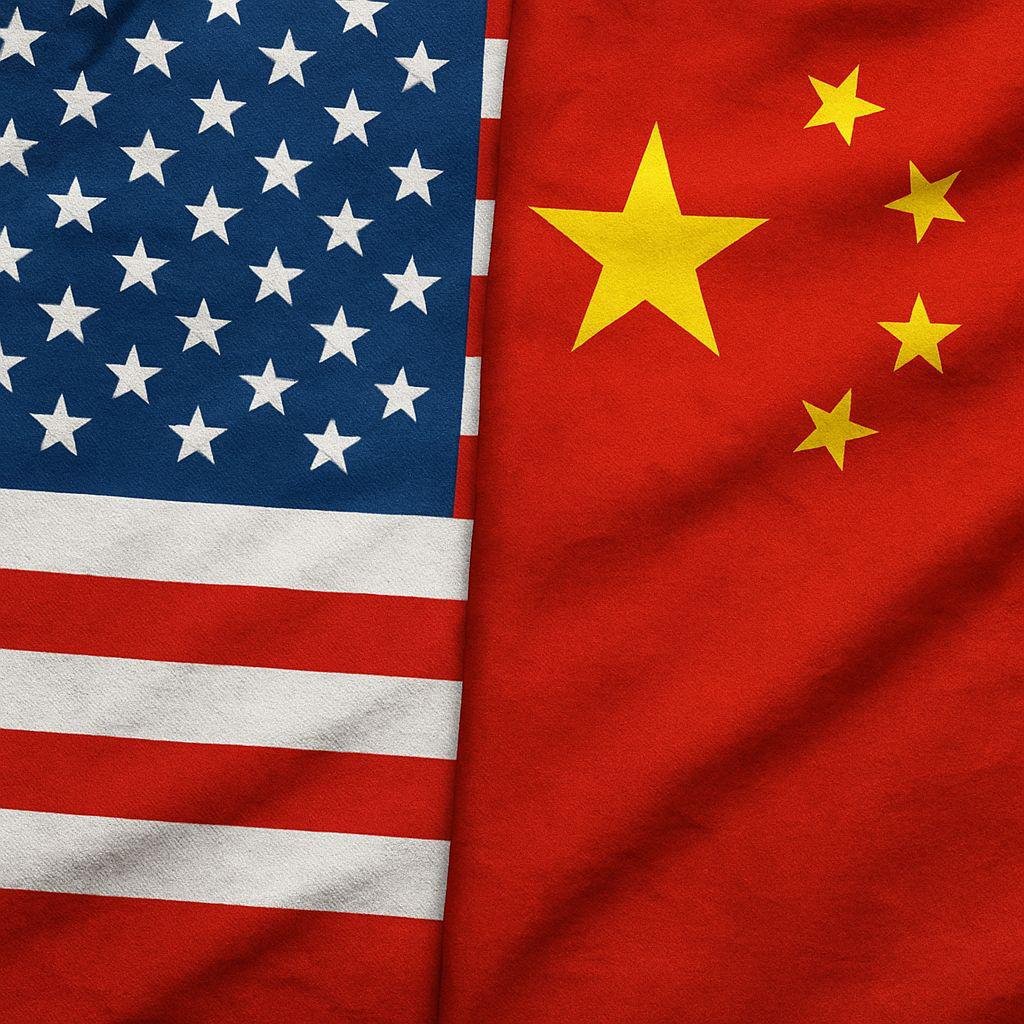China has emerged as the largest trading partner of the Greater Maghreb, with bilateral trade surpassing $32 billion in 2024. This growing economic engagement underscores the region’s strategic importance at the crossroads of Africa, Europe, and the Middle East.
The Maghreb possesses significant comparative advantages:
- Strategic location linking major global markets.
- Young and skilled workforce capable of supporting industrial expansion.
- Abundant natural resources critical for global supply chains.
Harnessing these strengths requires greater regional integration. Unity among Maghreb states could enhance bargaining power, attract diversified foreign investment, and accelerate sustainable development. Persistent political divisions, however, remain a barrier to realizing this potential.
For the Maghreb to achieve sustainable growth and meaningful economic advancement, the protracted rivalry between Algeria and Morocco must be resolved. The persistence of this conflict has constrained regional cooperation and undermined collective economic potential. Given the profound cultural, historical, and social commonalities shared by both nations, there exists no structural impediment to transforming these affinities into mutually beneficial economic opportunities. A rapprochement between Algeria and Morocco would not only enhance bilateral trade and investment but also serve as a catalyst for broader Maghreb integration, thereby strengthening the region’s position in the global economy.
Key Policy Insight: Overcoming intra-regional disputes is essential for positioning the Maghreb as a cohesive and influential economic bloc capable of leveraging its partnership with China, the USA, and other global powers. Regional Scale
- Combined Population (Maghreb – Algeria, Morocco, Tunisia, Libya, Mauritania): ~105 million
- Combined GDP (nominal, 2024 est.): ~$550 billion
This demographic weight and economic base highlight the Maghreb’s potential as both a regional market and a bridge between Africa, Europe, and the Middle East.
U.S. Strategic Opportunity: The United States stands to benefit economically if it actively supports Maghreb regional integration. A unified Maghreb would create a larger, more stable market for American goods and services, strengthen supply chain diversification, and open new avenues for energy cooperation and digital economy partnerships. By promoting integration, Washington could balance China’s growing influence while securing long-term commercial and strategic advantages for U.S. businesses in a region central to transatlantic trade routes.
A quick read of the USA and China trading numbers with the Maghreb region clearly shows the big and growing presence of the Chinese in this region.
An analysis of trade figures between the USA, China, and the Maghreb region highlights China’s increasing influence.
As of 2024, China’s trade with the region reached around $32.2 billion, mainly with Algeria ($12.5 billion), followed by Morocco ($9.04 billion), Libya ($4.75 billion), and Tunisia ($3.0 billion). No figures were available for Mauritania. In comparison, the USA had a total trade volume of $17.16 billion, with Morocco leading at $9.26 billion, followed by Algeria ($3.9 billion) and Libya and Tunisia, each at $2.0 billion. A quick analysis of the trading figures between the USA, China, and the Maghreb region reveals a significant and growing presence of China in this area.
In 2024, China’s trade with the Maghreb was nearly double that of the United States. Beijing’s economic footprint is broader across all Maghreb states, while U.S. trade is heavily concentrated in Morocco due to the Free Trade Agreement.
At present, Morocco represents the only formalized U.S. trade agreement within the Maghreb, offering a model that could be extended across the region. The United States possesses a distinct cultural advantage over China, enjoying broader acceptance among both the general population and the business community. Moreover, American political values appear to resonate more strongly within the capitals of Rabat, Algiers, Tunis, Tripoli, and Nouakchott than those projected by Beijing. But, at the end of the day, it is all about the economy and investments. The critical question, therefore, concerns the extent to which Washington considers the Maghreb central to its long-term strategic objectives.




